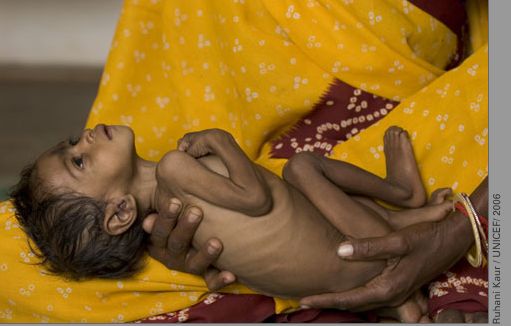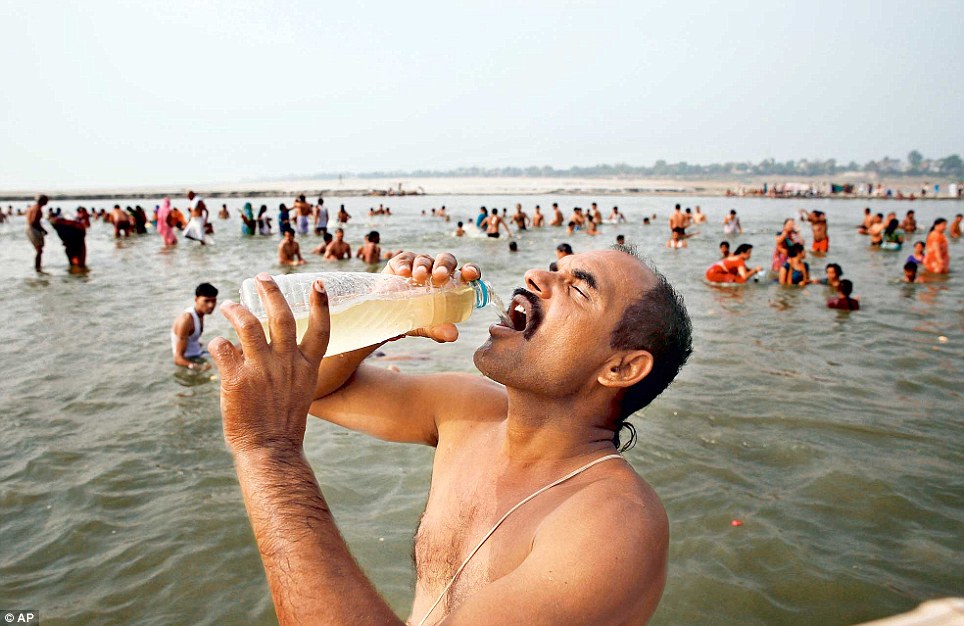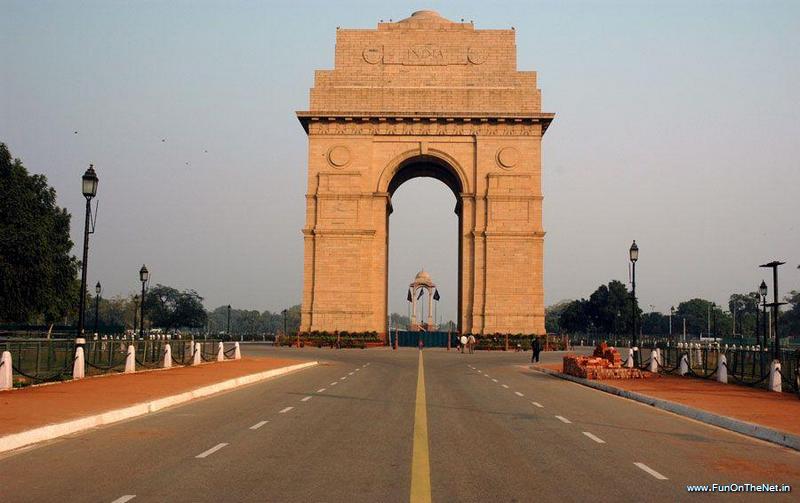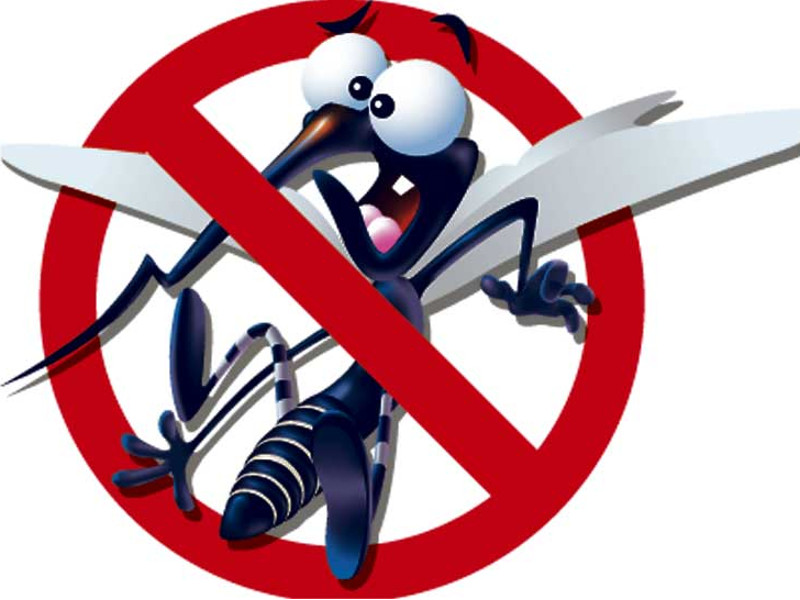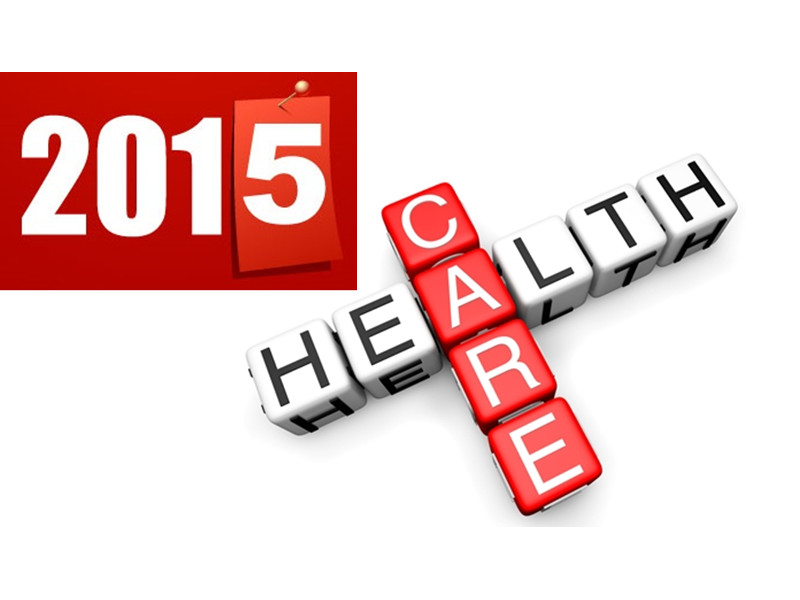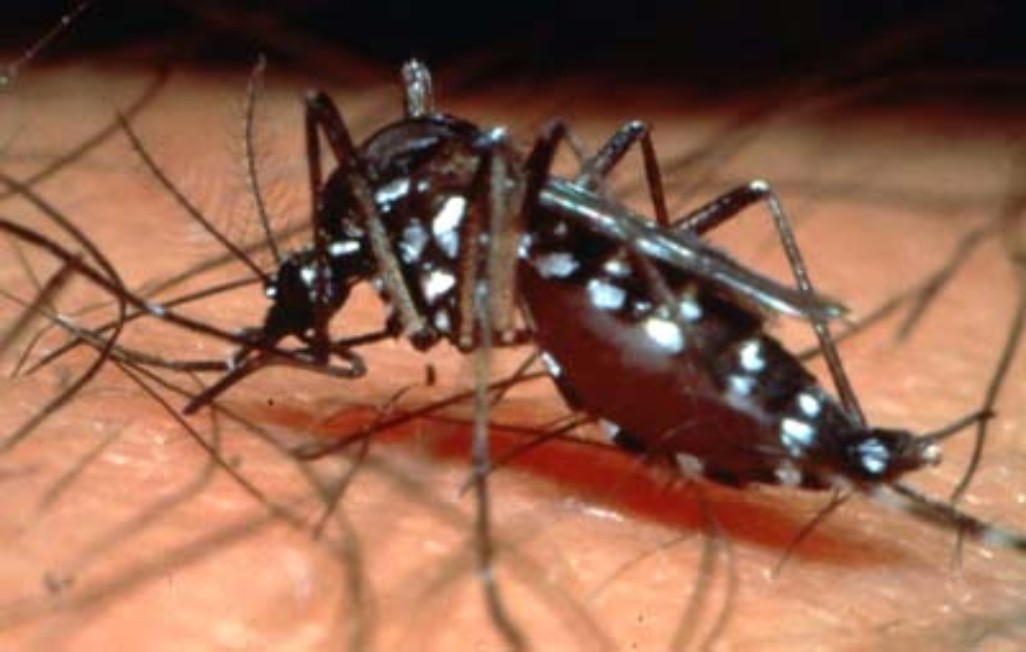
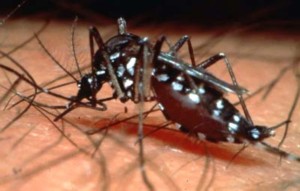 Threat of mosquito-borne disease dengue loom large in Delhi so far 1,259 dengue cases has been reported, – the highest after 2010, official data stated.
Threat of mosquito-borne disease dengue loom large in Delhi so far 1,259 dengue cases has been reported, – the highest after 2010, official data stated.
According to the Municipal Corporation of Delhi (MCD), there were only 33 dengue cases till September 5 last year, but this year the dengues cases have crossed 1000 mark.

For the same period, the number was 255 in 2013, 17 in 2012 and 104 in 2011. In 2010, however, the number was 1,512.
Delhi has witnessed two dengue deaths this year.
The latest figures follow a report from the All India Institute of Medical Sciences (AIIMS) that said the Type 4 strain of the disease had emerged as the dominant type for the first time in Delhi, along with Type 2.

While symptoms of Type 4 dengue include fever with shock and a drop in platelets, Type 2 causes a severe drop in platelets, haemorrhagic fever, organ failure and dengue shock syndrome.
Ashutosh Biswas, professor of medicine at AIIMS, said it was too early to predict if there would be an outbreak but it was believed that Type 2 and 4 dengue strains were more virulent and aggressive.
“To prevent dengue, one should not allow mosquito breeding at home and one who is infected should stay at home and not move around,” Biswas said.
Over a dozen faculty members and staff from AIIMS have also been reported to have contracted the fever and admitted to the hospital.
Following the rise in the number of cases, both government and private hospitals are gearing up to cope with the situation.
Ram Manohar Lohia (RML) Hospital has started a new 35-bed ward for dengue patients.
“As many as 50 patients, land up at Ram Manohar Lohia (RML) Hospital in a day with dengue symptom. The number of patients has gone up over the past two weeks. At the end of September and during the first week of October, the number may further rise. Also, the hospital is ordered for more intra-venous fluids and saline drips,” Karan Vats, a doctor working in RML Hospital told IANS.
“The number of dengue cases are likely to increase definitely for a few more days,” a RML Hospital official informed.
There are four types of dengue fever: the typical uncomplicated dengue fever; dengue hemorrhagic fever (DHS), where the patient bleeds from the nose, gums or under the skin as is found generally in elderly people; and dengue shock syndrome (DSS), in which fluid leaks outside blood vessels, causing massive bleeding and shock — this form of the disease leads to multi organ failure and it is fatal.
According to National Vector Borne Disease Control Programme (NVBDCP), a total of 9874 people have been affected by dengue in the country till July and 25 deaths have been caused by the disease across the country this year.
Be a part of Elets Collaborative Initiatives. Join Us for Upcoming Events and explore business opportunities. Like us on Facebook , connect with us on LinkedIn and follow us on Twitter , Instagram.





